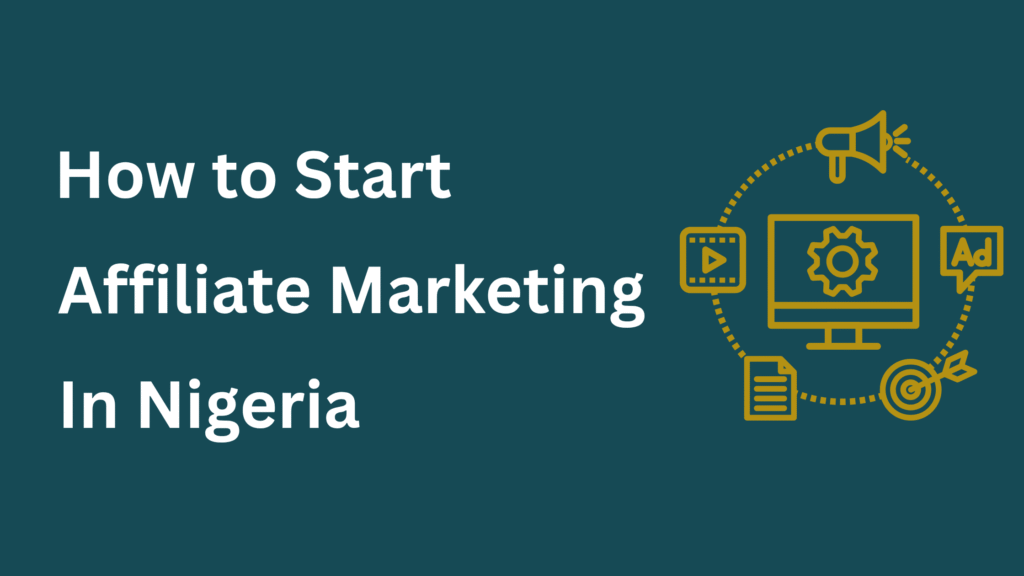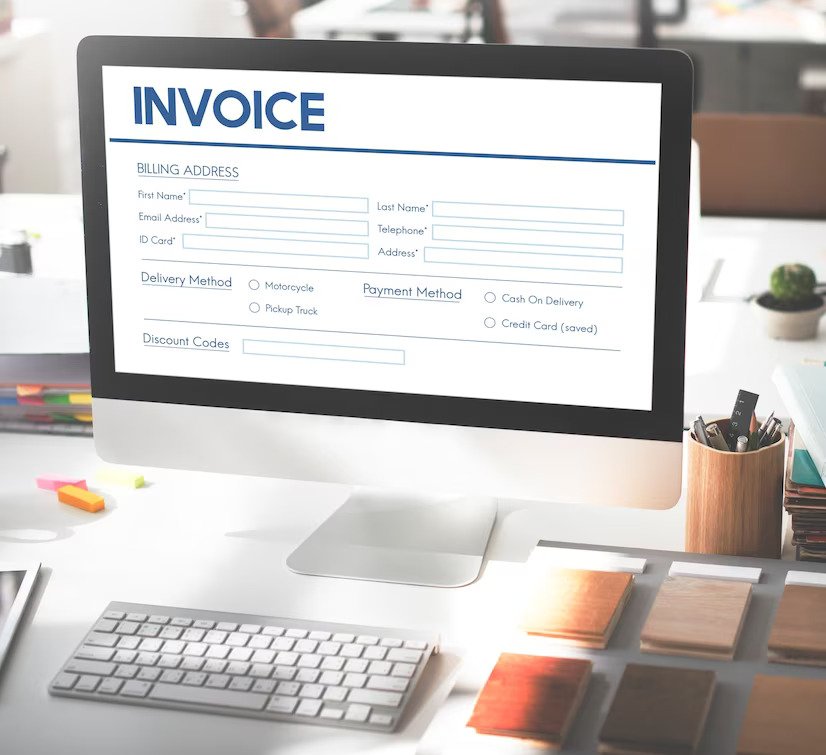Affiliate marketing is one of the fastest-growing online income streams in Nigeria today. With the boom in digital products, online shopping, and remote work, more Nigerians are learning how to earn passive income by promoting other people’s products and getting paid a commission per sale.
Whether you’re a student, content creator, full-time employee, or entrepreneur, affiliate marketing offers a low-risk, flexible way to build an extra income stream—right from your phone or laptop.
But to succeed, you’ll need the right tools, strategies, and commitment to consistency. And if you offer digital products or services yourself, don’t forget to manage your affiliate payments and invoices professionally using ProInvoice.
Let’s break down everything you need to know to start affiliate marketing in Nigeria—and make money doing it.
1. What is Affiliate Marketing?
Affiliate marketing is a performance-based business model where you earn a commission by promoting another brand’s product or service.
How it works:
- You sign up for an affiliate program
- You get a unique referral link
- You share the link through your platforms
- You earn a commission when someone clicks and buys through your link
It’s that simple. You’re not handling inventory, logistics, or customer support—just focusing on marketing and conversions.
2. Why Affiliate Marketing is Booming in Nigeria
There are several reasons why affiliate marketing is growing in popularity in Nigeria:
- Low entry barrier: No capital or office needed to get started
- Remote opportunity: Work from anywhere—just need a phone/internet
- Flexible schedule: You can do it part-time or full-time
- Passive income: Earn while you sleep from links shared days or weeks ago
- Wide product options: From tech tools to fashion, finance, and edtech
With increased internet penetration and a digital-first youth population, affiliate marketing is here to stay in Nigeria.
3. Top Affiliate Marketing Platforms for Nigerians in 2025
a. Expertnaire
Nigeria’s leading affiliate platform for digital products (courses, eBooks, webinars). Affiliates earn up to 50–80% commission on each sale.
Website: expertnnaire.com
b. Learnoflix
Another Nigerian-based platform for digital product affiliates. Known for easy payouts and a beginner-friendly dashboard.
Website: learnoflix.com
c. Stakecut
Offers a marketplace of digital products. Also great for course creators and marketers in Nigeria.
Website: stakecut.com
d. Amazon Associates
Ideal for those with international traffic. Promote products on Amazon and earn in dollars.
Website: affiliate-program.amazon.com
e. Jumia KOL Program
Nigeria’s largest e-commerce platform allows users to earn commissions by promoting products.
Website: kol.jumia.com
4. How to Start Affiliate Marketing in Nigeria
Step 1: Pick a Niche
Don’t try to sell everything. Focus on one niche like:
- Finance (loans, investments, insurance)
- Health and wellness
- Tech tools (software, devices)
- Online learning and education
- Fashion and beauty
A clear niche helps you target the right audience and build trust.
Step 2: Choose a Platform
This is where you’ll promote your affiliate links. It could be:
- A blog or website
- Social media (Instagram, TikTok, Twitter)
- WhatsApp status
- Telegram group
- YouTube or podcast
Your platform must be consistent and content-rich.
Step 3: Sign Up for Affiliate Programs
Join platforms like Expertnaire, Jumia KOL, or Amazon Associates. Once approved, collect your unique affiliate links for the products you want to promote.
Step 4: Create Value-Driven Content
Use your platform to educate and recommend. Examples:
- “Top 5 tools for small business owners in Nigeria”
- “How to save money with this budgeting app”
- “My experience using X online course (with results)”
Use storytelling, reviews, and social proof.
Step 5: Track, Optimize, and Earn
Use your affiliate dashboard to monitor clicks, sales, and commissions. Double down on what works and keep refining your content.
And once you begin making money or selling your own affiliate products, use ProInvoice to create professional invoicesfor your payouts or commissions.
5. Tools to Boost Your Affiliate Marketing Success
Here are essential tools that make affiliate marketing easier and more effective:
- Link shorteners: Bit.ly or TinyURL for cleaner, trackable links
- Landing pages: Carrd or Systeme.io for pre-sell pages
- Email marketing: Mailchimp, Sender, or ConvertKit
- Design tools: Canva for graphics, carousels, and banners
- Invoicing tools: ProInvoice to request payments professionally
💡 Affiliate marketers often overlook invoicing—especially when working with brands or as influencers. Use this invoice creator to look professional and stay organized.
6. How Much Can You Earn from Affiliate Marketing in Nigeria?
There’s no income limit in affiliate marketing. Your earnings depend on:
- Commission rate (some offer 10%, others 80%)
- Traffic quality (are you targeting buyers?)
- Product pricing (₦5,000 vs ₦50,000)
- Your consistency and strategy
Examples:
- Promote a ₦30,000 course with 50% commission = ₦15,000 per sale
- 10 sales monthly = ₦150,000
- Scale to 100 sales = ₦1.5 million
Many Nigerian affiliates are earning ₦300k to ₦1 million monthly—especially those on Expertnaire and Jumia KOL.
7. Challenges in Affiliate Marketing (and How to Overcome Them)
Like every business, affiliate marketing has its challenges:
- Skeptical audience – Focus on educating, not just selling
- Low traffic – Be consistent with content creation
- Link bans – Avoid spamming and use proper link shorteners
- Payout delays – Work with trusted platforms and keep clear payment records
Using tools like ProInvoice helps ensure you get paid correctly, especially when working with local businesses or as a micro-influencer.
8. Tips for Long-Term Success as an Affiliate Marketer
- Be honest—only promote what you’ve used or trust
- Focus on value first, sales later
- Track your results and learn what works
- Grow your email list—own your audience
- Reinvest part of your earnings into ads or better tools
Remember, affiliate marketing is not a get-rich-quick scheme. But with time, effort, and strategy, it can generate steady, passive income.
Conclusion
Affiliate marketing in Nigeria is no longer a hidden gem—it’s a booming business model for digital-savvy Nigerians. If you’re ready to commit, learn, and apply the right strategies, affiliate marketing can be your path to financial freedom in 2025.
And once the money starts flowing in, don’t leave your invoicing and payment tracking to chance. Use ProInvoice to create branded invoices, track affiliate earnings, and look professional to clients, brands, and partners.













